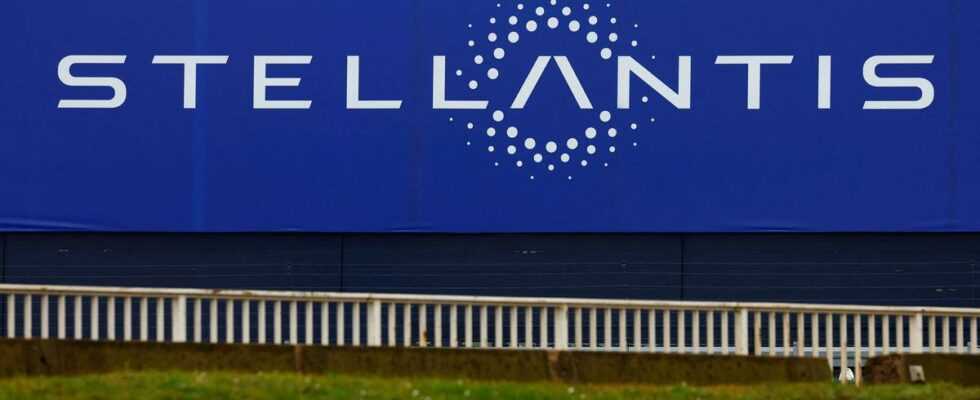The 2,700 employees of the site have been placed on technical unemployment or on leave until the beginning of June.
The Stellantis group, born from the merger of Fiat Chrysler and PSA, suspends the activity of its only Russian plant in Kaluga (south-west of Moscow). “Following the day-to-day reinforcement of cross-sanctions and the logistical difficulties encountered on a daily basis, Stellantis has decided to suspend its industrial activity in Kaluga in order to guarantee full compliance with all cross-sanctions and to protect its employees”the group explained in a statement on Tuesday.
Read alsoCarlos Tavares confirms Italy’s future at Stellantis
Already at the beginning of March, the leaders of Stellantis had decided to stop all imports and exports to or from Russia. “In times of peace as in times of war, it is the political power that decides and we have the obligation to comply with the decisions taken.said the general manager, Carlos Tavares, on the sidelines of the presentation of the strategic plan. We have a dedicated team that works in real time on the analysis of sanctions and translates them into managerial decisions to bring us into compliance. »
The Kaluga plant, which manufactures utilities, has since been idling for the local market. And a few weeks later, the shortage of parts had led it to consider suspending all production. It is now done.
The 2,700 employees of the site have been placed on technical unemployment or on leave until the beginning of June, according to the group. The Kaluga plant, which the group owns in partnership with Mitsubishi, manufactures in small quantities group-wide: only 11,000 units were produced there in 2021, out of a total of 2 million commercial vehicles produced in the world. In the accounts of Stellantis, Russia thus represents a profit “around 20 million to 30 million euros”, said Carlos Tavares. Nothing to do with the exposure of its competitor Renault.
Stellantis counted on this factory to supply the European market with Peugeot, Citroën and Opel vans. The war in Ukraine led him to transfer this production to Hordain, France, and Luton, England.
